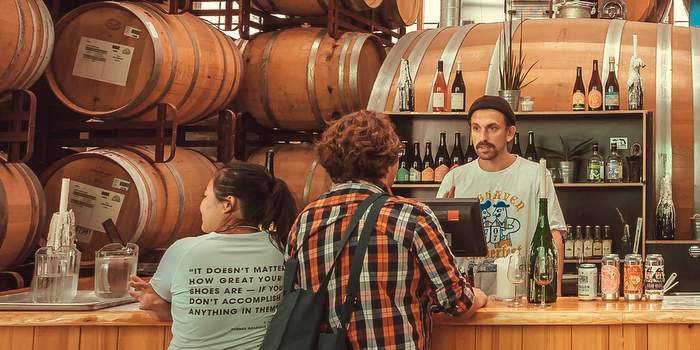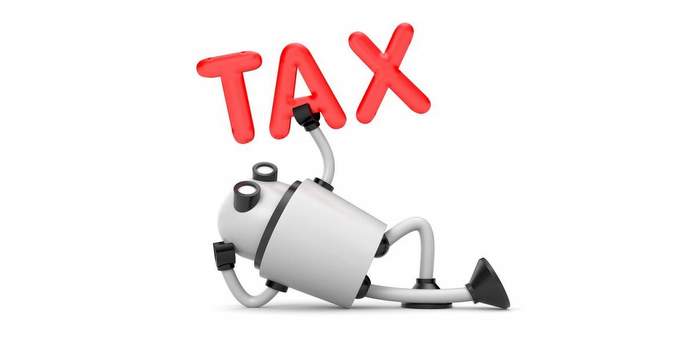
One of the most exciting trends in the craft beer industry is the increase in the number of tasting rooms that are being opened. These openings are exciting for customers as they offer the opportunity to enjoy some of their favorite beer directly from the source. Likewise, brewery owners are excited by the new revenue stream these spaces offer, as well as the opportunity to meet their customers and build their brand in a more personal way. However, breweries currently considering opening a tasting room, or who have recently opened one, should be aware of a few potential tax implications.
Sales tax
The Massachusetts Department of Revenue (DOR) imposes a meals tax of 6.25 percent (plus an additional 0.75 percent in certain localities) on the gross receipts of a qualified sale, unless an exemption applies. It is important to first note that breweries fall into the DOR’s relatively broad definition of a “restaurant,” which is defined as “any eating or drinking establishment — whether stationary or mobile, temporary or permanent, that is primarily engaged in the business of selling meals for which a charge is made.” The DOR further defines a “meal” as “any food or beverage that has been prepared for immediate human consumption and provided by a restaurant or restaurant part of the store.”
Armed with these definitions, brewery owners are faced with the challenge of determining which types of sales are subject to sales tax. This can be a difficult task, when one considers the additional revenue stream that a tasting room, along with its on-premise pours, will bring.
Sales of cans to customers for off-site consumption are not subject to the sales tax. However, sales related to pours for customers in the tasting room for consumption on-site, are subject to sales tax. It is essential that brewery owners with a tasting room understand which of their sales are subject to sales tax and that they ensure the appropriate rates are charged.
Tips for servers
Breweries will need to staff their tasting room with servers, which raises a number of important and complicated issues for the owner to try to navigate. One such issue is how to handle the tips that customers provide to their servers.
According to the state of Massachusetts, tips belong to the employee who provided service to the customer. An exception can be made if the employer has set up a “tip pool,” in which case tips may be allocated out to eligible employees within the pool. As stated in a September 2017 article by craftbrewerylegalblog.com, there are two specific requirements for a tip pool: (1) All employees included in the tip pool must be paid at least the minimum wage. (2) Only staff who provided a direct service to the patrons can participate. Essentially, tips cannot be collected and then allocated out to managerial staff or other “non-service” positions.
Many breweries with tasting rooms may host corporate events or other large parties. In this case, it is important to note how to treat mandatory service charges and gratuities on these types of events. In events such as these, the charged gratuity must still be allocated to the eligible servers, while any additional administrative fee must be separately stated. It must also be made clear that the administrative fee is not a gratuity for the party’s servers.
If a brewery employs servers who collect tips, the owner should be aware this may be an opportunity to claim an income tax credit, depending on certain factors. If employees receive tips in excess of the federal minimum wage, the employer may be eligible for a credit on their portion of social security and medicare tax (7.65 percent). This tip can be claimed on IRS form 8846. Depending on the number of tipped employees and the volume of tips collected, this credit can be substantial. Employers should consult with their tax preparer to ensure the necessary reports are obtained from their payroll service provider to determine if any tip credit can be claimed.
With all of the logistical headaches related to planning, building and eventually opening and operating a tasting room, brewery owners should also consider these issues in order to avoid any liability resulting from an Internal Revenue Service or Department of Revenue audit.
Jay Kessler, CPA is the managing shareholder at Chestnut Hill, MA CPA firm, Samet & Co. PC. James Alexander is a supervisor at Samet & Co. PC.





[…] Samet’s Jay Kessler, CPA and James Alexander discuss several tax considerations in their article on Craft Brewing Business’s website. Check it out here! […]